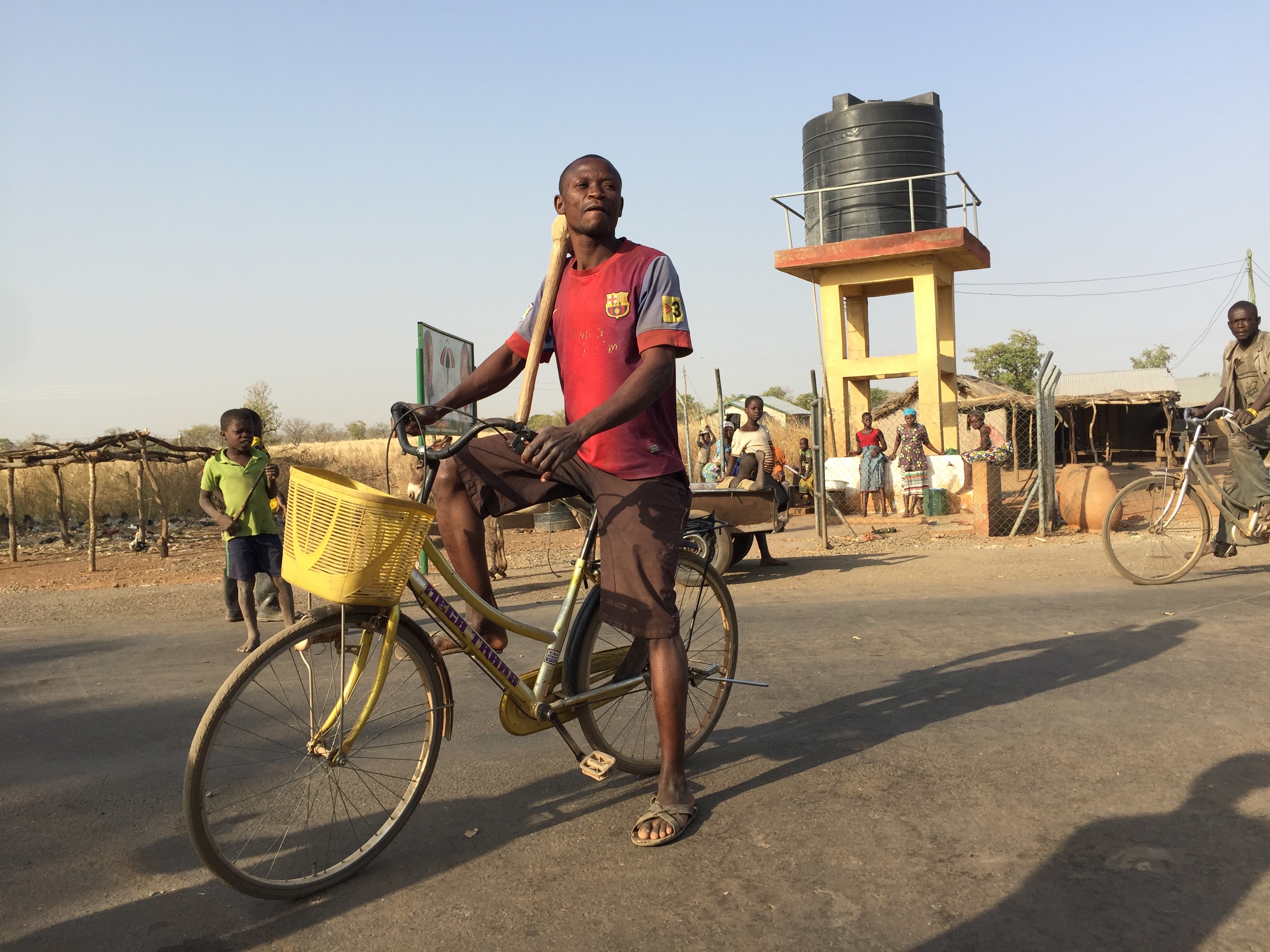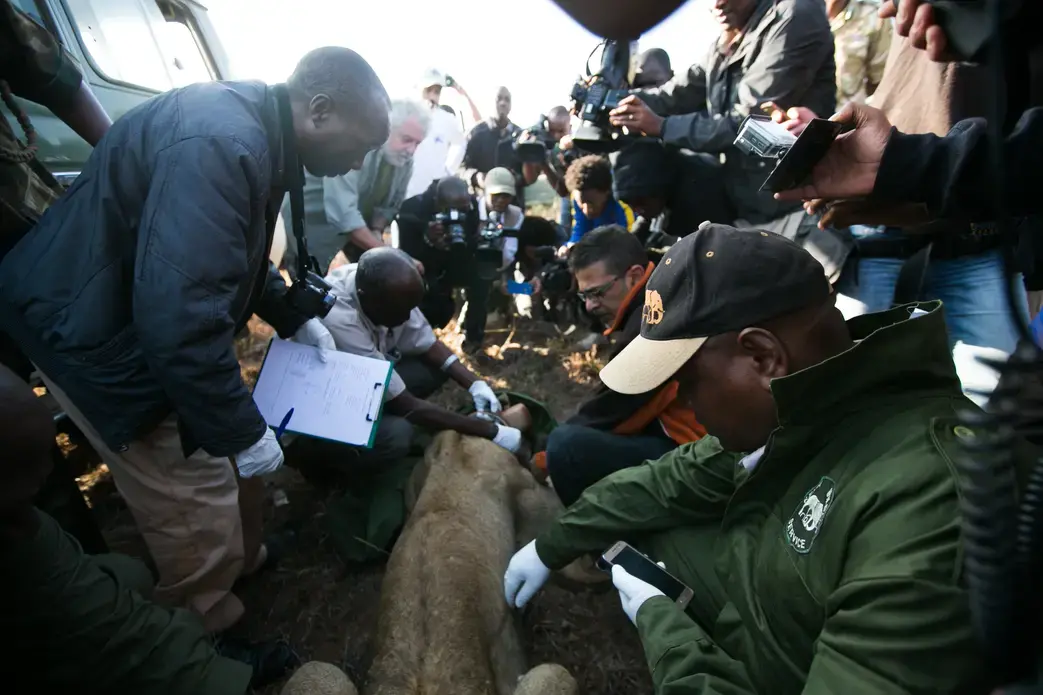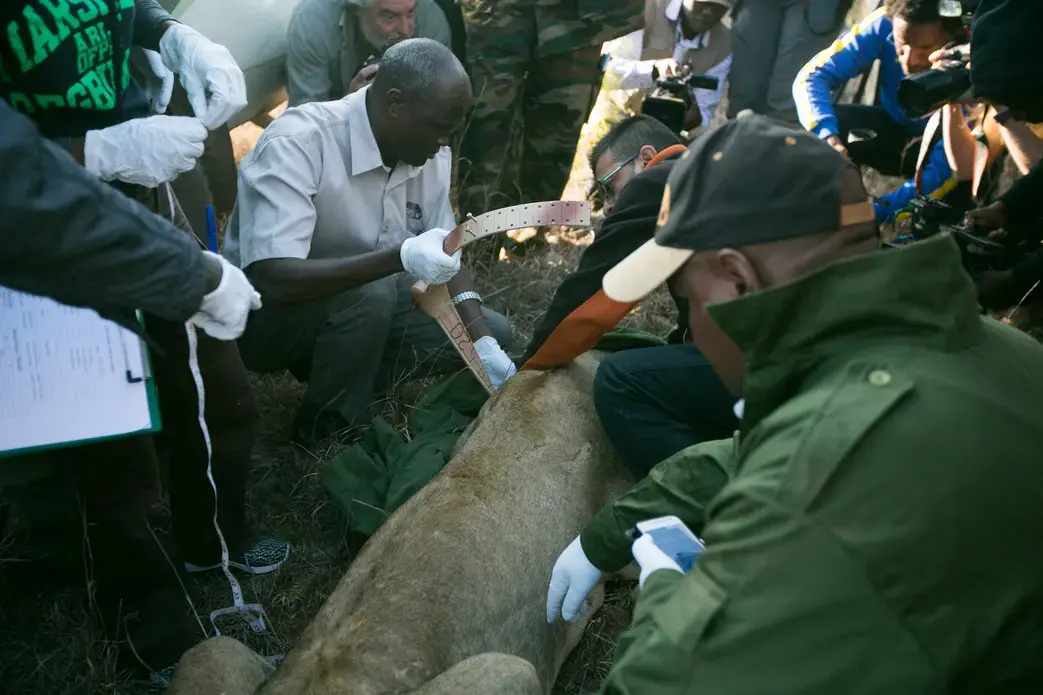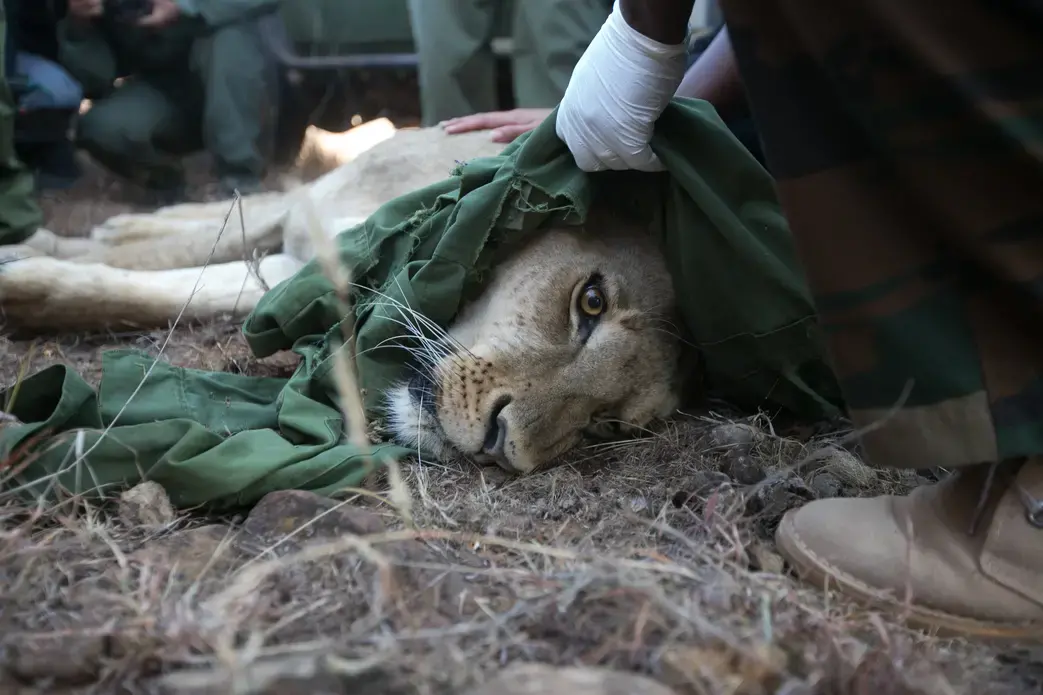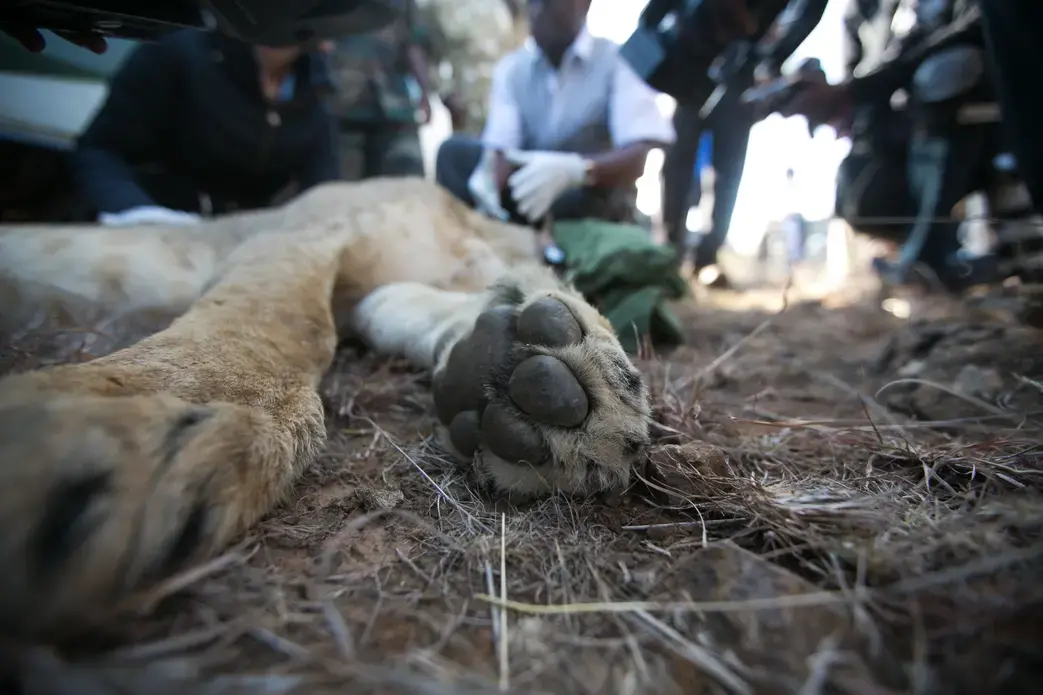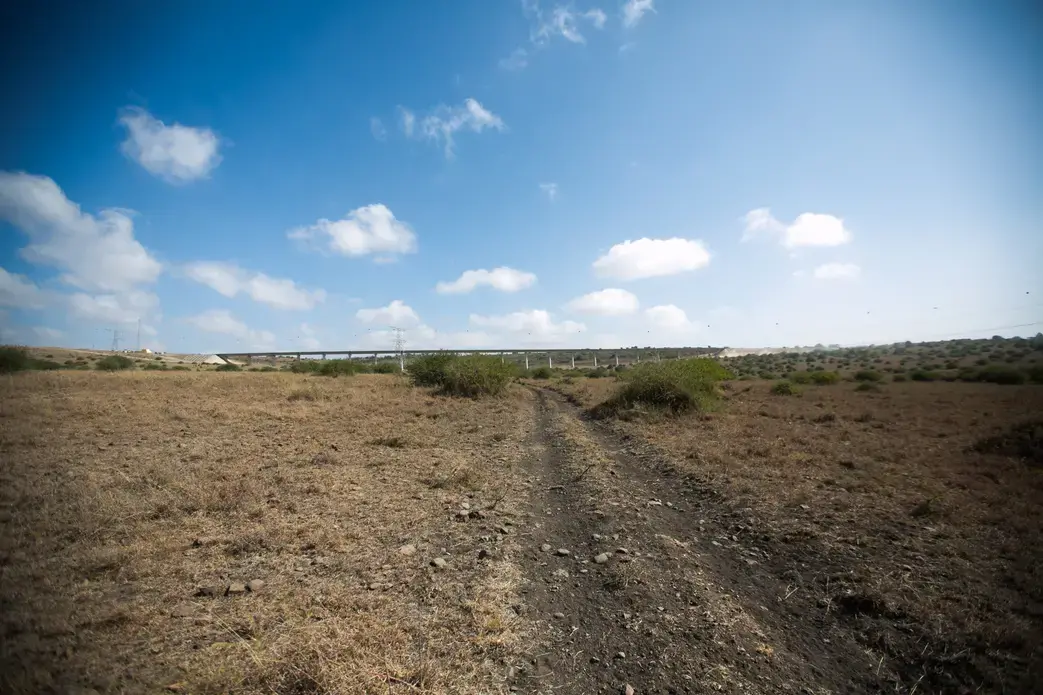KAJIADO, Kenya—Kajiado, a sleepy town about 50 miles southwest of Nairobi, doesn’t look like much—just a dusty strip of residential low-rises, its few paved roads fanning out onto endless savannah.
But Kajiado is the site of an innovative Chinese business project—and a barometer for whether Beijing, the perennial winner of African infrastructure contracts, can also win African hearts and minds.
In December 2016, the Chinese media and telecommunications firm StarTimes launched a pilot program in Kajiado to bring low-cost digital television to families who are otherwise off the grid.
We spent today with David Njoroge Mugita, 61, StarTimes’ sole agent in Kajiado, as he checked up on his clients.
“Most of the people here weren’t watching TV before, because of the price,” Mugita said. “Now, people are very, very happy.”
Although StarTimes is virtually unknown in the West, it has been slowly dominating African markets for years—now, one in two Kenyan TVs show its programs.
But there’s a catch. The only international content on StarTimes’ lowest-cost package—the centerpiece of the Kajiado project—is Chinese: Swahili-dubbed Chinese soap operas, Chinese kung fu movies, and of course, Chinese state media. The company’s CEO Pan Xinxing has, in interviews with Chinese media, expressed hope that the company can counter negative portrayals of China in the Western press.
StarTimes, I realized, had a clear political agenda—the company was, by way of China’s development expertise, building a pipeline for state propaganda into rural Kenyan homes.
In interviews, several experts waved off the notion that Chinese television would draw a significant Kenyan viewership. Yet three Kajiado villagers, all of whom bought StarTimes service in the past year, told us that they were coming around to Chinese shows.
“There's been this notion that Chinese things aren't good,” said David Muniafu, a new StarTimes customer. “But things in China are very much changing, and we don't want to assume that all of it is bad.”
NAIROBI, Kenya—This morning, we joined the Kenya Wildlife Service (KWS) as it located a female lion in Nairobi National Park, tranquilized it, and outfitted it with a tracking collar.
We've been reporting on China's rising influence across Africa, and the operation, albeit via many layers of causality, traced back to Beijing.
Chinese state-owned firms are helping the Kenyan government build a road and railway through the park, a pristine nature preserve so close to the city that zebras graze against a backdrop of skyscrapers. Constant construction has disrupted the park's wildlife, according to local conservationist groups—several lions have escaped in recent months, and in December 2016, the KWS shot one dead after it injured a bystander.
Thousands of Kenyans protested. The tracking initiative was the KWS's response.
The railway, stretching 450 miles from Nairobi to the coastal city Mombasa, embodies several elements of China's growing presence in Kenya—the rapid development, the unforeseen complications, the deepening controversy.
"To drive through the park and see this monstrosity of a construction, these massive gray columns going up, and all these people milling around—it's heartbreaking," said Paula Kahumbu, CEO of the conservationist organization WildlifeDirect. "We're concerned that if they can get away with this in the capital city, God knows what could happen elsewhere."
In Kenya, we've been reporting on China's vast, well-resourced bid for increased cultural influence. Beijing has a lot at stake in the country, including scores of lucrative construction contracts, which controversies like the lion shooting have put at risk.
That's what I was thinking this morning when, beneath the blazing sun, a handful of reporters gathered around the tranquilized lion, snapping photos of its new tracking collar. I noticed two reporters from Chinese state media outlets, jostling with the international scrum. Local outlets, though, were few and far between.



